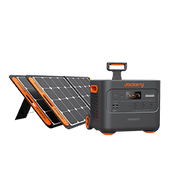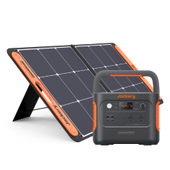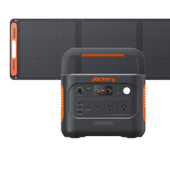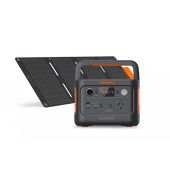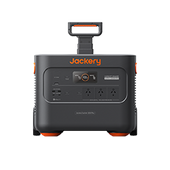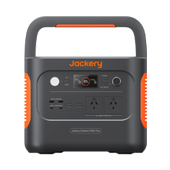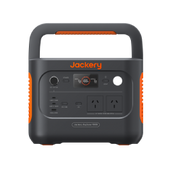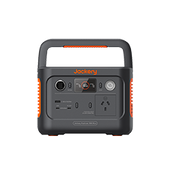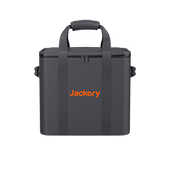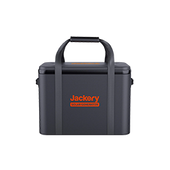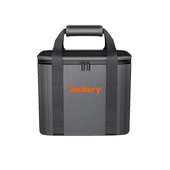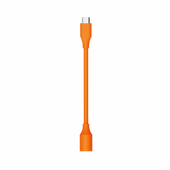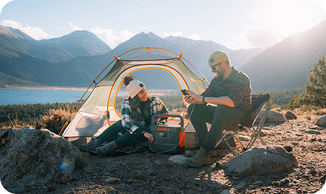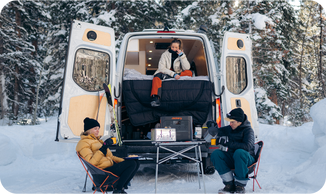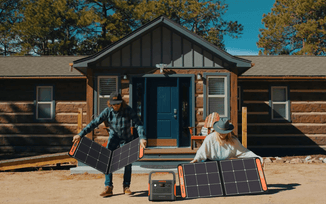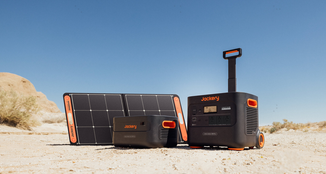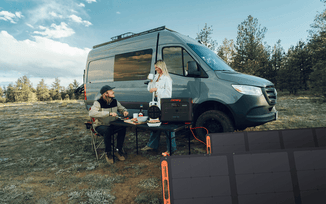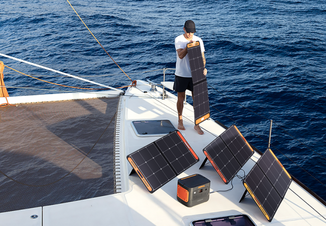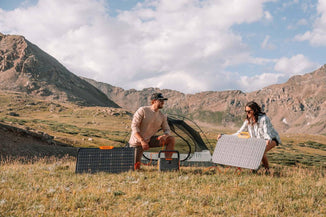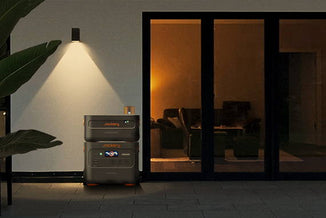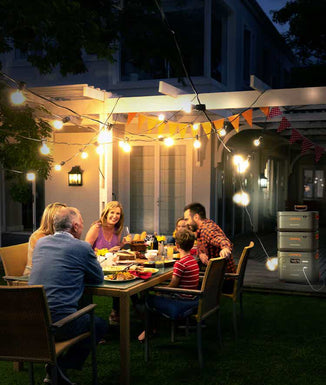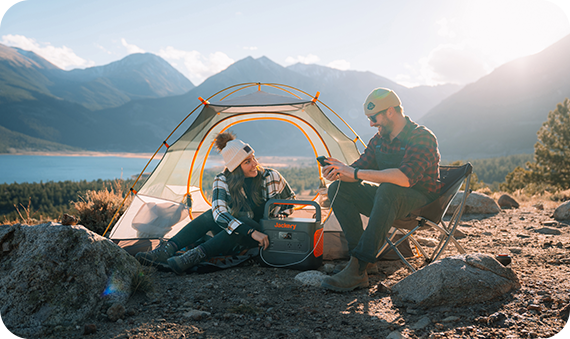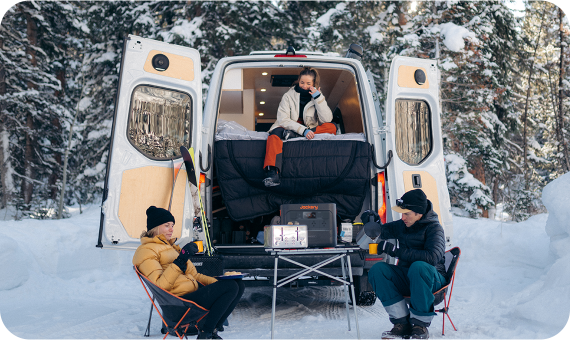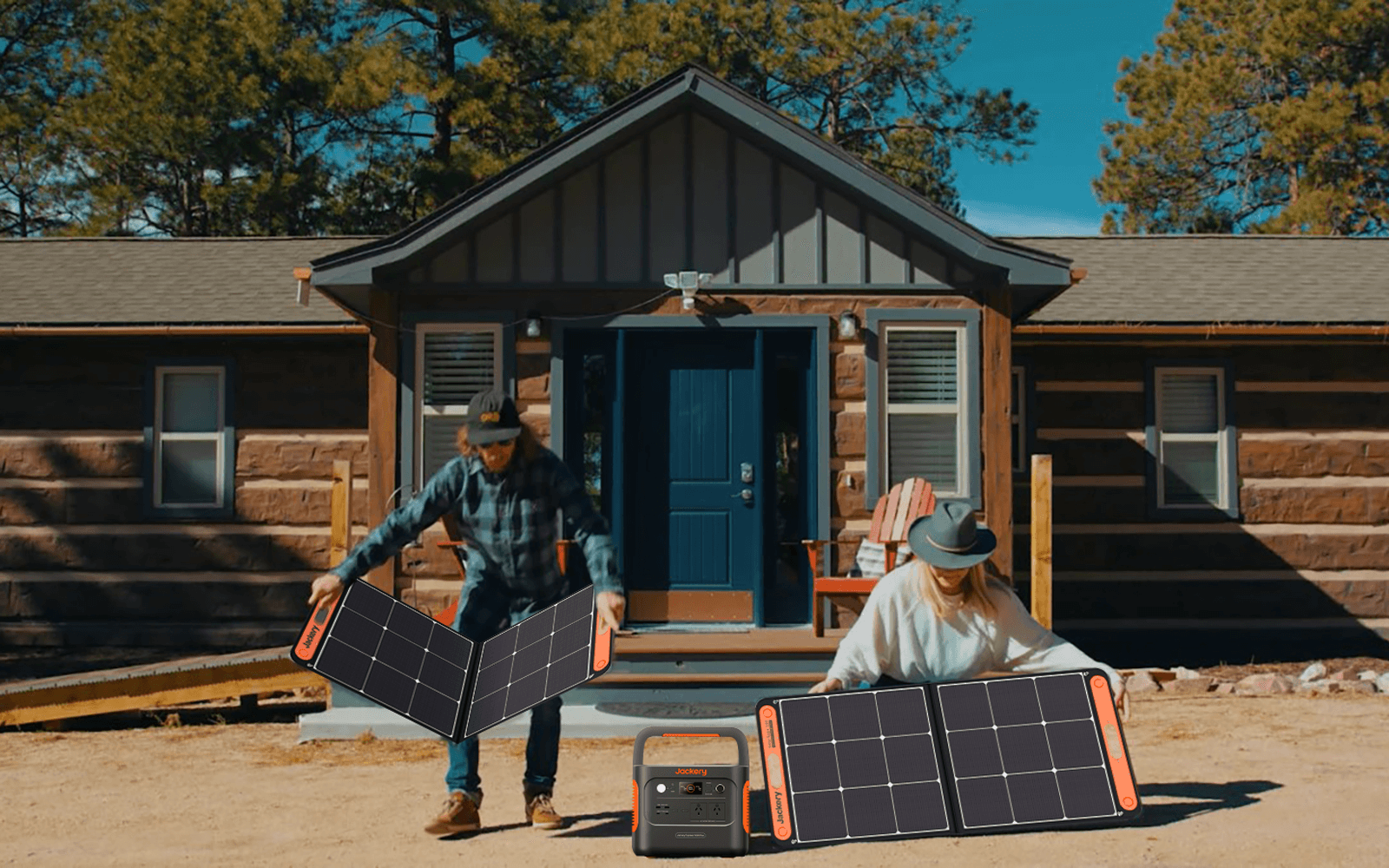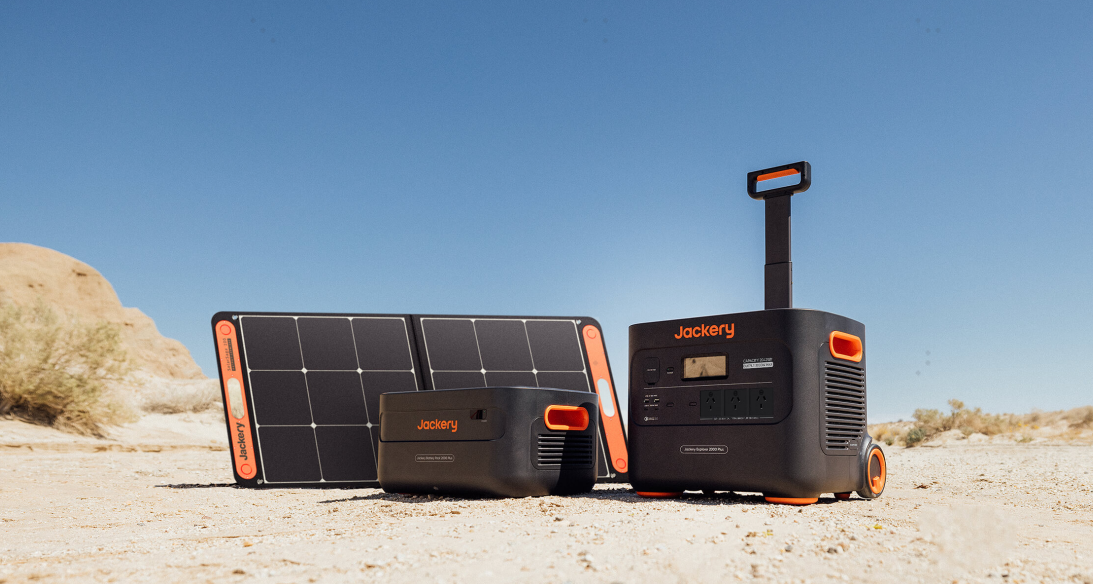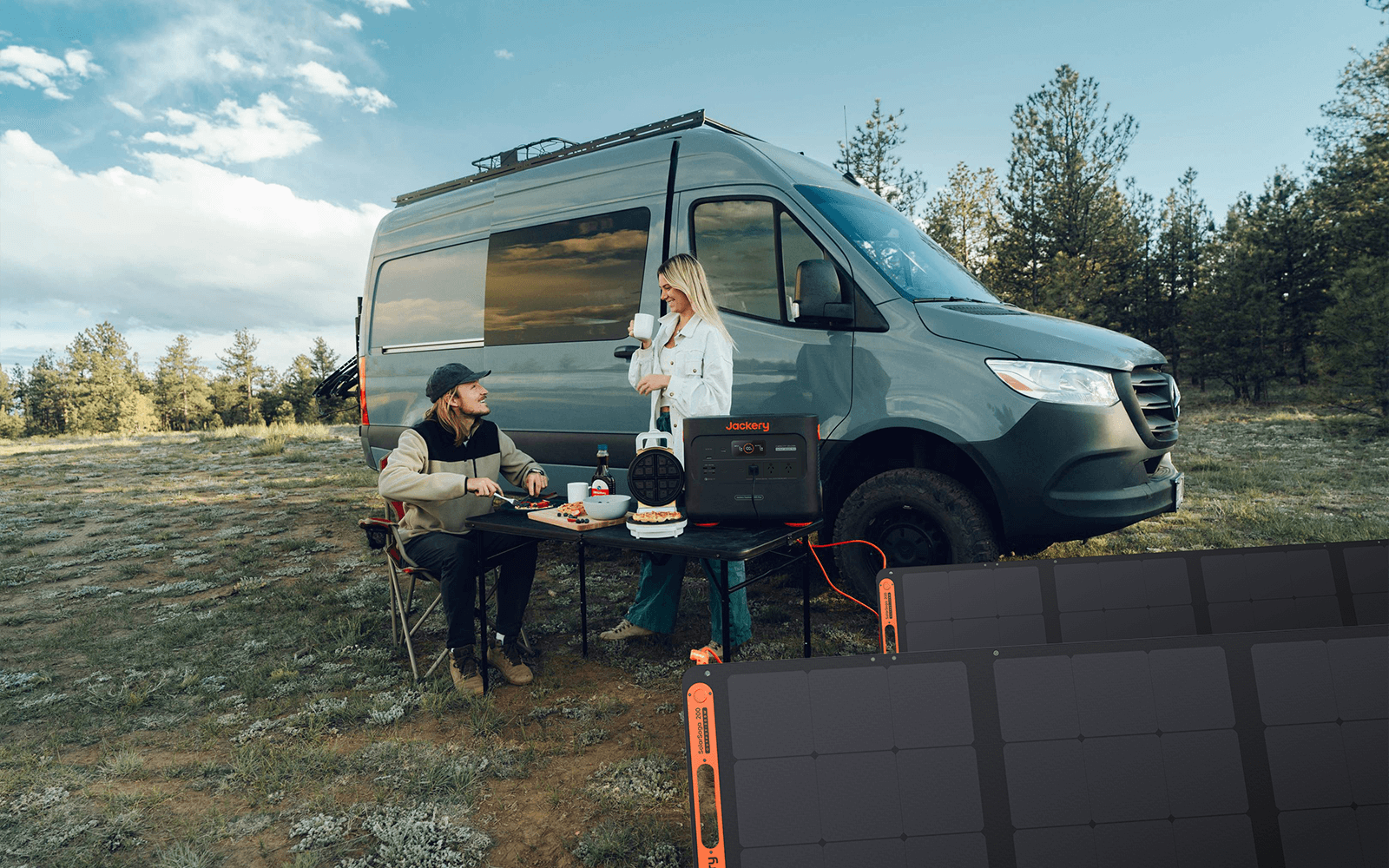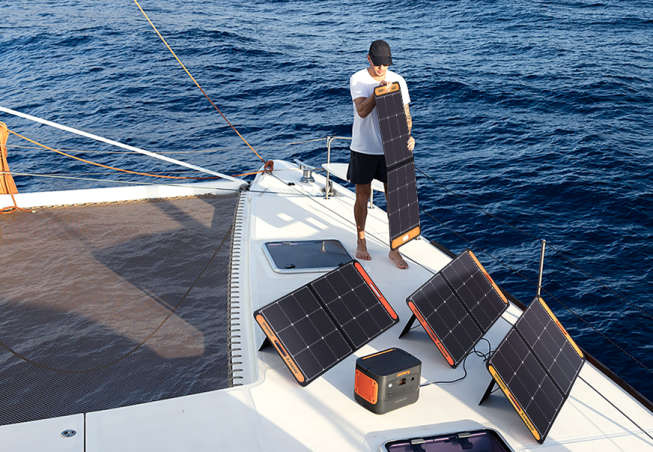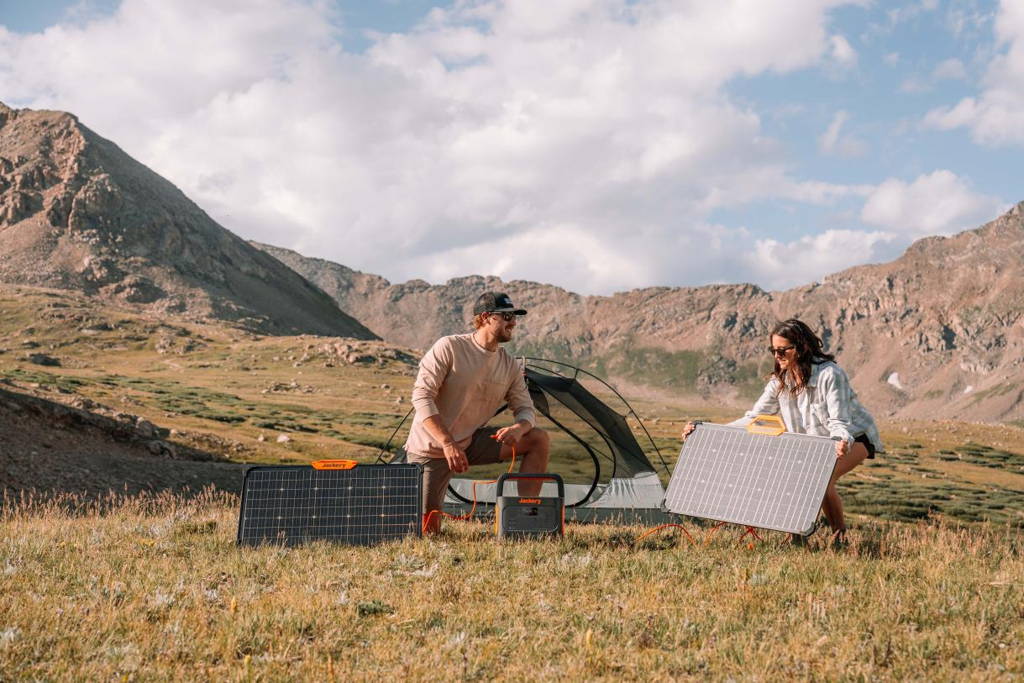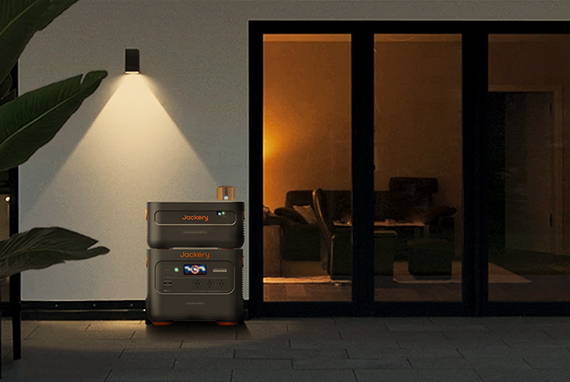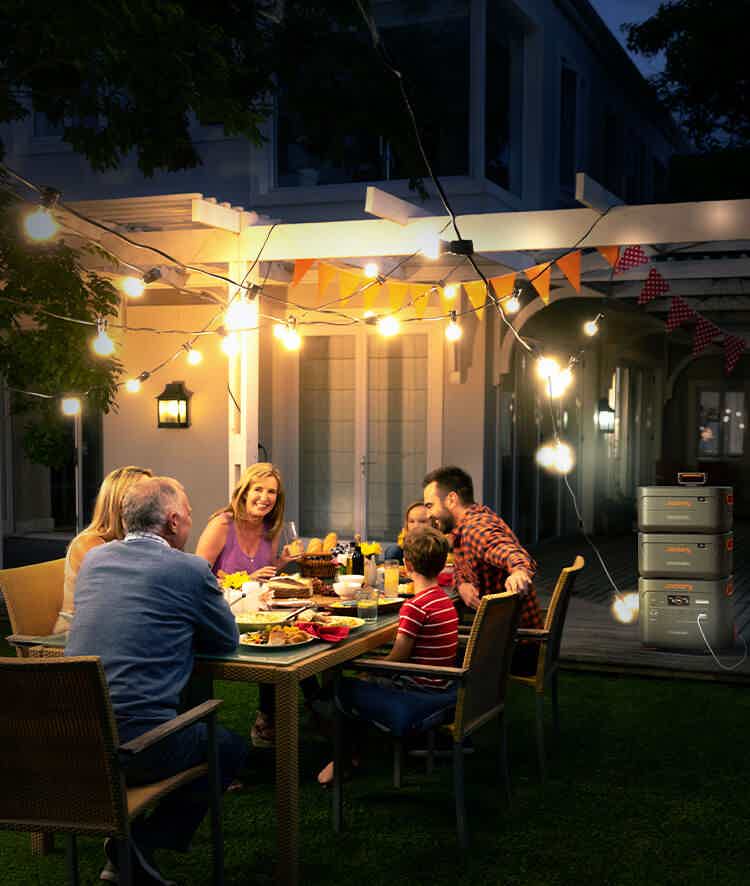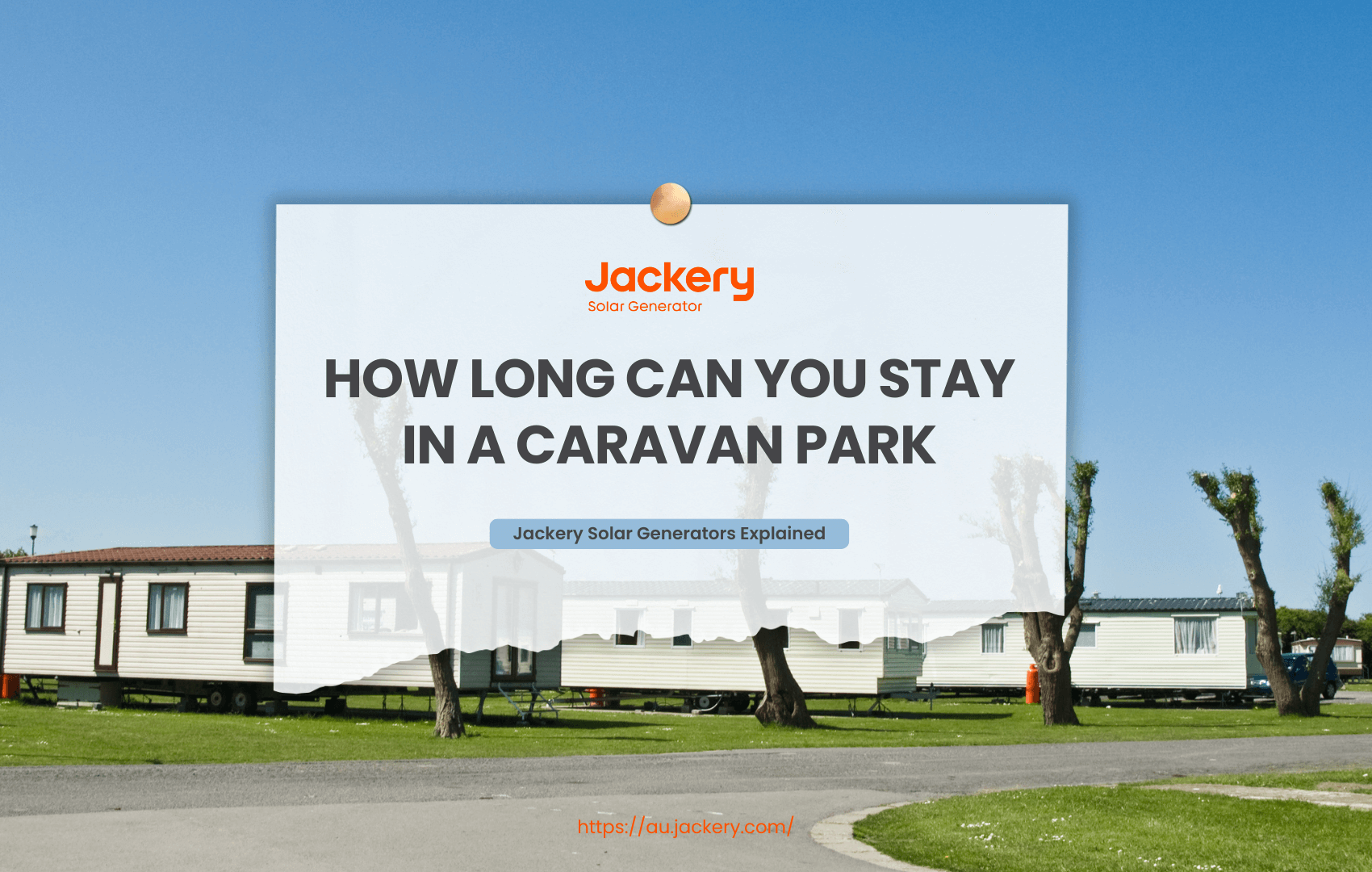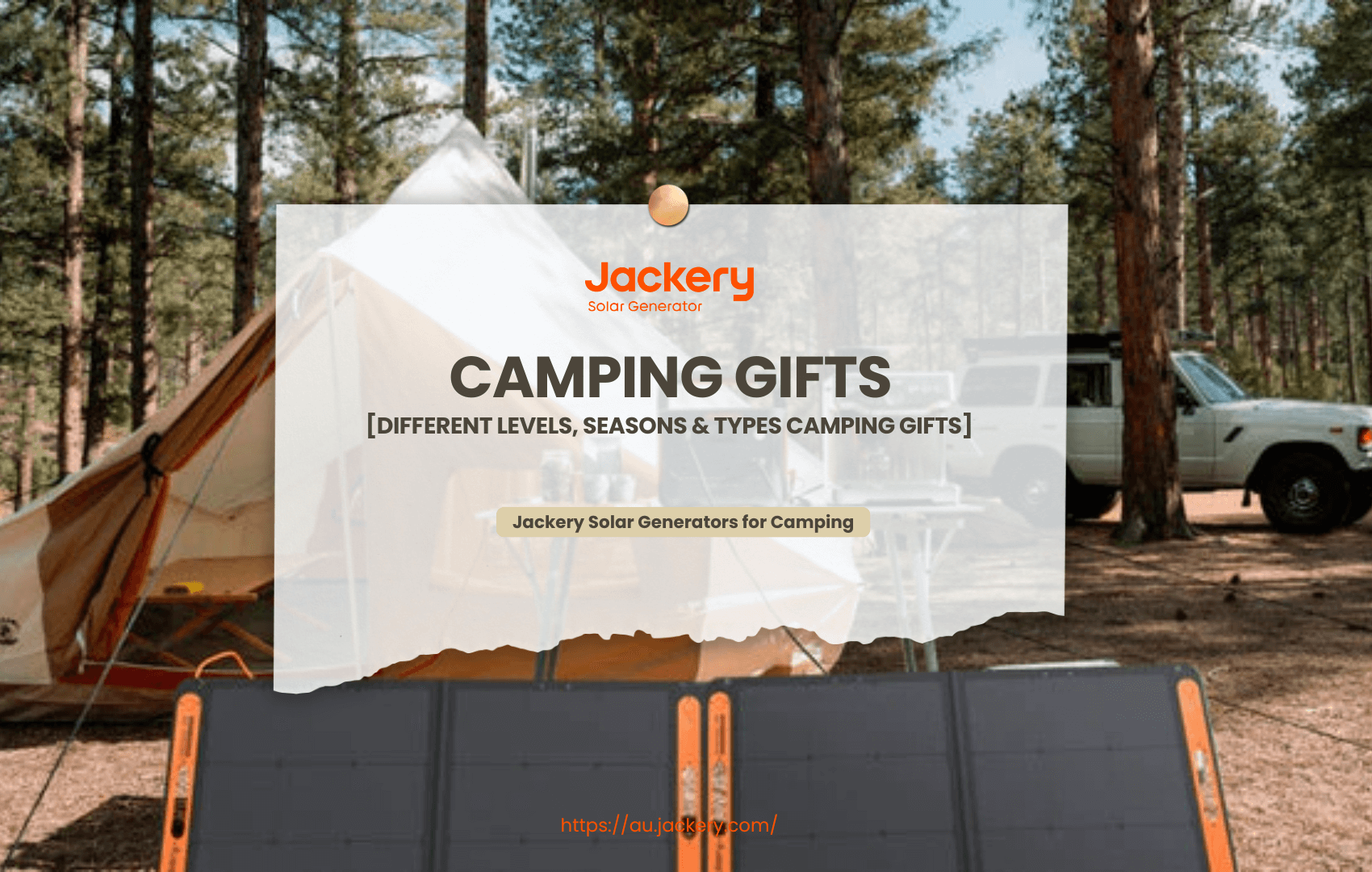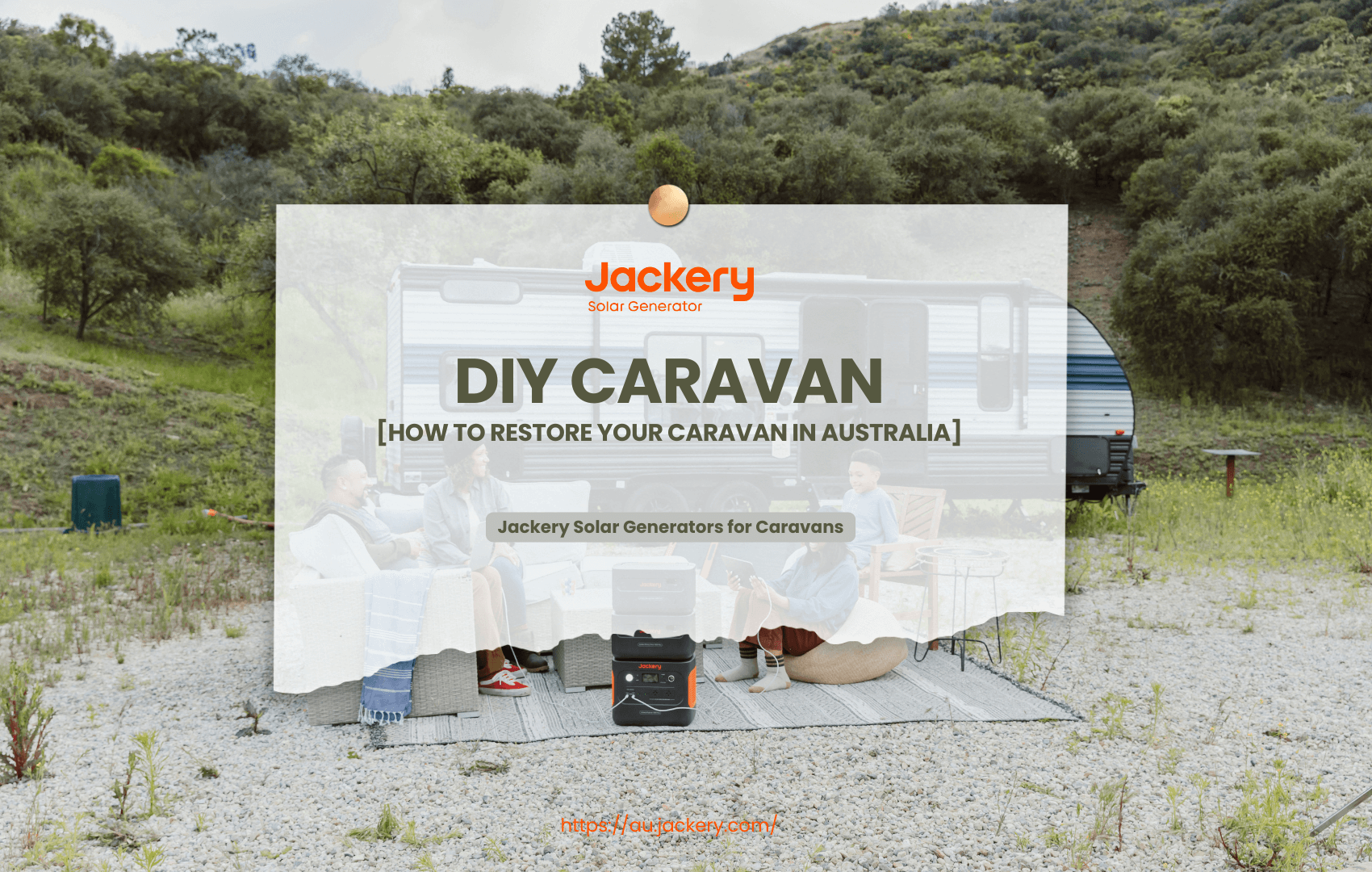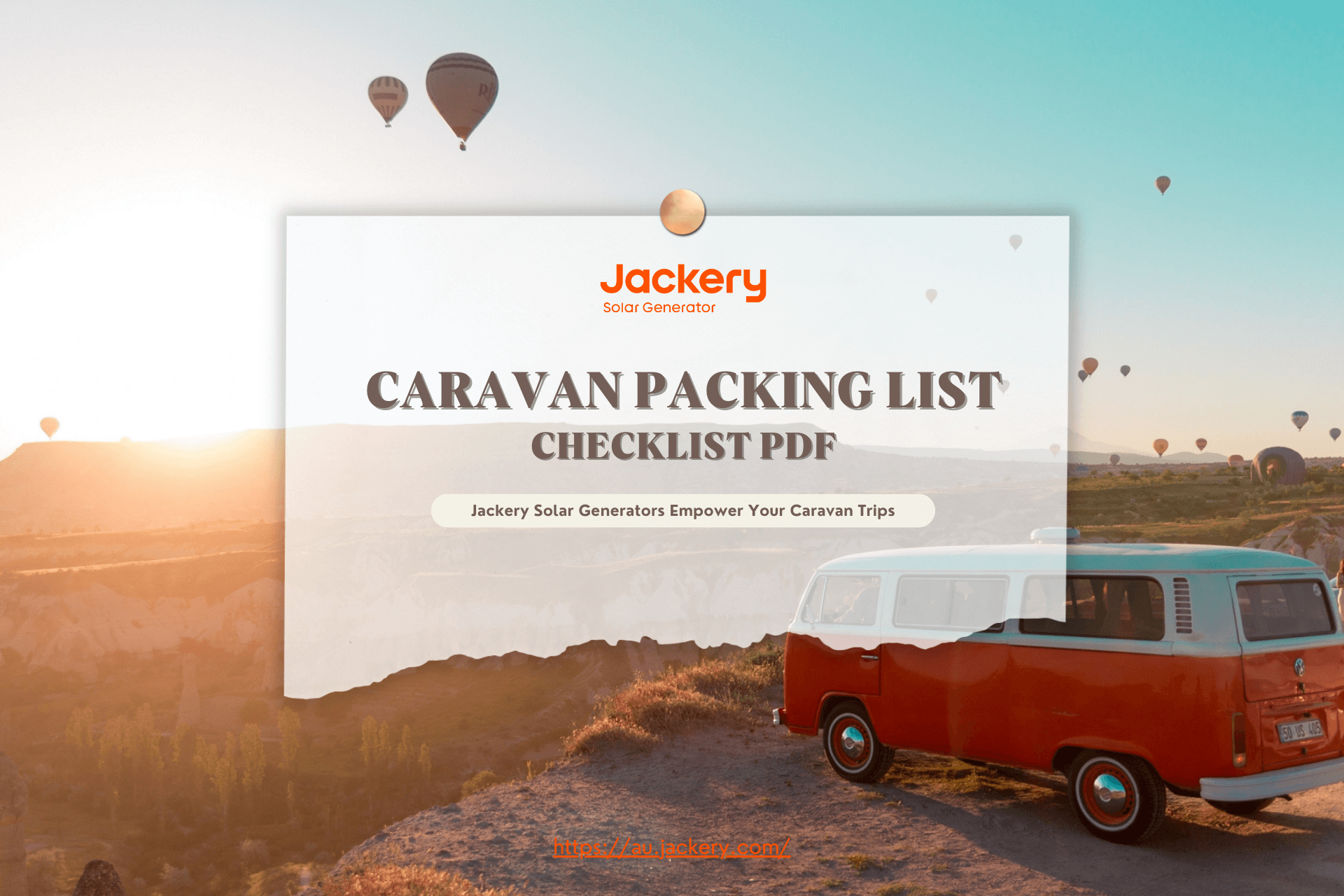|
Key Takeaways: |
|
- Caravan Park stay durations are regulated differently across Australia, and understanding local policies is crucial for planning your stay. - Short-term stays typically range from a few days to a few weeks, while long-term stays may last months or even years. - Zoning laws and council regulations significantly influence whether permanent residence is possible in a caravan park. - Written agreements are essential for securing long-term stays and protecting both residents and park management. - Long-term stays in caravan parks can be more affordable than traditional housing, making them an attractive alternative for budget-conscious residents. - We recommend the Jackery Solar Generator 2000 Plus and 1000 Plus to power your caravan appliances effectively, especially for long-term caravan life. |
Understanding Caravan Park Stay Limits
When planning a stay at a caravan park in Australia, it's essential to understand the regulations governing the duration of your stay. These rules can vary by state and park, influenced by local laws, park policies, and the site's intended use.
Short-Term Stay Limits
Regulations in Western Australia limit visitors to 28 nights in nature-based parks within a three-month period, while those in New South Wales allow visitors to stay in a movable dwelling on a short-term site for up to 150 days during a 12-month period (180 days if the visitor owns the holiday van). These limitations are intended to strike a balance between the needs of tourists and long-term residents, guaranteeing equitable access and adherence to local planning laws.
Long-Term Residency Considerations
Many caravan parks provide long-term lodging choices for visitors who want to remain for a longer period of time. According to the Residential Parks (Long-stay Tenants) Act of 2006, tenants in Western Australia who plan to remain for three months or more need to make sure their property is designated as a "long-stay" site, which necessitates a formal agreement.
It's crucial to remember that permanent residency in caravan parks is not always assured, even with long-stay agreements. For example, permanent residence in Queensland is typically prohibited, and trailer parks are largely designed for short-term lodging.
Temporary Approvals and Extensions
Some areas have modified their regulations in response to housing issues. To better accommodate transitional housing demands, the Western Australian government, for instance, increased the duration of temporary lodging permissions on private property from three months to 24 months.
State-by-State Breakdown: Maximum Stay Duration
Navigating Australia's patchwork of state-specific laws is necessary to understand how long you can stay in a caravan park. Every state has its own regulations, which are frequently impacted by regional park classifications, tenancy systems, and planning laws. A summary of the longest stays in each of the major states is shown below:
New South Wales (NSW)
In NSW, the maximum duration for staying in a caravan park depends on the type of site and the occupant's status:
Short-Term Sites: Occupants can stay up to 150 days within a 12-month period.
Holiday Van Owners: If you own a holiday van, you may stay up to 180 days within a 12-month period.
The Local Government (Caravan Parks, Camping Grounds, and Moveable Dwellings) Regulation 1995 lays forth these restrictions.
Western Australia (WA)
WA distinguishes between different types of caravan parks, each with specific stay limits:
Nature-Based Parks: These parks usually permit stays of up to 28 nights during any three-month period and are made with the least amount of environmental effects in mind.
Temporary accommodation on private land: Local governments now have the authority to permit temporary housing, including caravans, on private property for a maximum of 24 months, provided that health and safety regulations are followed.
Queensland (QLD)
In Queensland, the rules for staying in caravan parks are governed by the Residential Tenancies and Rooming Accommodation Act 2008:
Short-Term Tenancies: Typically, up to 42 days, with the possibility of extension.
Long-Term Tenancies: For stays exceeding 42 days, a formal tenancy agreement is required.
Keep in mind that zoning laws and local council regulations may apply to permanent residents in caravan parks.
Short-Term vs. Long-Term Stays: What's the Difference?
Knowing the differences between short-term and long-term stays is crucial when deciding how long you can stay in an Australian caravan park. The length of time, the contracts, and the rights and obligations of park managers and tenants vary across these types.

Short-Term Stays
Usually, short-term stays are meant for travellers, vacationers, or anyone in need of short-term housing. The length of these visits varies according to park and state regulations:
New South Wales (NSW): On a short-term site, occupants may remain for up to 150 days throughout a 12-month period. The restriction is increased to 180 days if the occupant owns the vacation van.
Queensland (QLD): Up to 42 days may be allotted for establishing short-term rentals. If this time frame is exceeded, the tenancy is deemed permanent and necessitates a formal contract.
Victoria (VIC): According to the Residential Tenancies Act of 1997, vacation and short-term lodging lasting less than 60 days in a row are not regarded as rental accommodations.
With features like Wi-Fi and housekeeping services, short-term stays frequently provide flexibility for tourists looking for convenience without long-term commitments.
Long-Term Stays
Long-term stays are intended for people looking for more permanent housing, such as pensioners, employees on long-term assignments, or people moving between residences. Important elements consist of:
Western Australia (WA): According to the Residential Parks (Long-stay Tenants) Act of 2006, tenants who plan to remain for three months or more should make sure their location is designated as a "long-stay" site, which necessitates a formal agreement.
South Australia (SA): If someone lives in a park as their primary residence, they are covered by the Residential Parks Act of 2007, which provides rights akin to those found in conventional rental contracts.
Tasmania (TAS): There isn't a precise definition of "long-term caravan park resident" at the moment, and the regulatory framework is being reviewed to take into account the needs of long-term park visitors.
Long-term stays frequently provide advantages like discounted rates for longer commitments, making them an affordable place to live.
Key Differences
Duration: While long-term stays last longer than three months, short-term stays usually last a few days to a few months.
Legal Agreements: Formal tenancy agreements, which give occupants specific rights and protections under state law, are typically required for extended stays.
Purpose: Long-term stays provide more permanent housing options, but short-term stays address more transient demands like short-term assignments or holidays.
Long-Term Residency: Legal Considerations and Agreements
In Australian caravan parks, long-term stays are subject to a complicated framework of state-specific regulations and agreements. The rights of locals looking for long-term housing and park owners' operational requirements are intended to be balanced by these rules.

Understanding Long-Term Residency
People who utilise a trailer park as their primary abode are generally considered long-term residents. States have different definitions of what constitutes a "long-term" period:
South Australia: A residential park agreement is considered long-term if it exceeds 90 days.
Western Australia: The Residential Parks (Long-stay Tenants) Act 2006 applies to tenants residing in a park for three months or more.
Victoria: Part 4A of the Residential Tenancies Act 1997 addresses residents in caravan parks, providing protections for those in long-term arrangements.
The definition of long-term residency in Tasmania is being reviewed, and some argue for a more flexible definition that would take into account different living arrangements.
Legal Frameworks and Agreements
Formal agreements that specify the rights and obligations of the park operator and the tenant are usually necessary for long-term occupants. States have different agreements:
New South Wales: Depending on whether a resident views the park as their primary residence, long-term occupancy is governed by the Residential Parks Act 1998 and the Holiday Parks (Long-Term Casual Occupation) Act 2002.
Western Australia: Tenant safeguards have been strengthened by recent changes to the Residential Parks (Long-stay Tenants) Act 2006, which include greater disclosure requirements and more transparent termination terms.
South Australia: Park operators must submit written agreements outlining the terms of residency in accordance with the Residential Parks Act of 2007.
Victoria: Residents have rights under Part 4A of the Residential Tenancies Act 1997 that are comparable to those found in conventional rental agreements, such as the ability to use dispute resolution procedures.
Challenges and Considerations
Long-term residents may face challenges such as:
Eviction Risks: Without proper legal protections, residents may be subject to eviction, sometimes with minimal notice.
Lack of Standardisation: Variations in state laws can lead to inconsistencies in resident rights and obligations.
Disclosure Issues: Residents' tenure security may be impacted in certain situations if they are not fully informed of park regulations or possible changes.
Advocacy organisations like the Affiliated Residential Park Residents Association (ARPRA) represent longtime residents' interests, which support them in court and advocate for legislative changes.
Living Permanently in Caravan Parks: Is It Possible
Living in a caravan park permanently in Australia is possible, but doing so requires navigating a complicated web of laws that differ from state to state and local council to local council. Short-term visitors are only permitted in certain parks, while long-term residents are permitted in others. Anyone contemplating this lifestyle must have a thorough understanding of the legal environment.

Legal Frameworks Across States
Each Australian state has its own set of laws governing long-term residency in caravan parks:
New South Wales (NSW): Long-term occupancy is governed by the Residential Parks Act 1998 and the Holiday Parks (Long-Term Casual Occupation) Act 2002. It is recommended that prospective residents obtain independent legal counsel prior to signing contracts.
Victoria (VIC): Residents who own a moveable dwelling and rent the space it occupies are covered by Part 4A of the Residential Tenancies Act of 1997. These contracts grant privileges akin to those found in conventional tenancy agreements.
Western Australia (WA): Tenants who stay in a park for three months or more are subject to the Residential Parks (Long-term Tenants) Act 2006. Tenants should make sure that their location is designated as a "long-stay" location.
Tasmania (TAS): Although long-term residency at RV parks is not now specifically covered by any laws, there are talks to include it in the state's tenancy rules.
Zoning and Council Approvals
Living permanently in a caravan park is generally impossible unless the park is zoned for residential use. Such zoning requires approval from local authorities, and not all parks are designated as such. If you try to reside in a park permanently without the proper zoning, you may run into legal problems.
For example, a pensioner in Western Australia was sued by the local municipality for living outside of an approved caravan park while occupying a converted bus on his property. The council's enforced laws restricted such dwelling arrangements to organised parks.
Private Property Considerations
The rules for caravan living on private property are rather tight. On private property, caravan living is usually only allowed for a short time and frequently requires a licence or council consent for longer stays. People who don't have the right paperwork may be forced to leave or subject to fines.
In Conclusion
Although it is feasible to live permanently in a trailer park in Australia, doing so necessitates careful consideration of zoning rules, state laws, and local council regulations. To guarantee compliance and safeguard their living arrangements, potential residents should conduct an in-depth study and speak with local authorities or legal professionals.
Tips for Securing Extended Stays in Caravan Parks
It takes more than just reserving a spot to guarantee a prolonged stay at an Australian caravan park; it also calls for meticulous preparation, knowledge of park regulations, and cultivating positive relationships with park management. Here are some useful pointers to help you book and enjoy a lengthy stay:

Tip 1: Research and Choose the Right Park
Long-term stays are not available at all caravan sites. Seek out parks that specifically offer permanent or long-term lodging choices. Usually, these parks have the amenities and zoning permits required for long visits.
Tip 2: Understand Park Policies and Regulations
Every park has its own set of guidelines. Learn about the park's rules about maximum stay lengths, visitor behaviour, and site upkeep before deciding to stay for an extended period of time. The duration of continuous visits may be limited in certain parks, particularly during busy times.
Tip 3: Communicate Your Intentions Clearly
Make sure to let the park administration know if you plan to stay for a long time. Tell us how long you plan to stay, how many people are staying, and if you have any special needs. Transparency guarantees that both parties have the same expectations and aids in the development of trust.
Tip 4: Secure a Written Agreement
A formal written agreement detailing the terms and circumstances of your residency is advised for longer visits. Aspects, including maintenance obligations, rental fees, utility costs, and termination provisions, should all be covered in this agreement. A formal contract gives you and the park administration clarity and legal protection.
Tip 5: Plan and Book in Advance
Popular caravan parks, especially those in tourist hotspots, can have limited availability for long-term sites. To secure your preferred spot, plan and book well in advance. Some travellers even reserve their sites 12 months ahead to ensure availability during peak periods.
Tip 6: Maintain a Good Relationship with Park Management
Developing and preserving a good rapport with park employees might make your visit more enjoyable. You can become a valued, long-term visitor by showing consideration, following park regulations, and taking swift action to resolve any problems. This could lead to opportunities for preferred site allocations or approvals for longer stays.
Tip 7: Be Prepared for Additional Costs
The basic site fee may not be the only expense associated with extended visits. These may include fees for gas, water, electricity, and access to first-class facilities. Make sure you comprehend all possible costs and adjust your budget appropriately.
Jackery Solar Generators for Caravans
Solar generators, like Jackery Solar Generators, combine a Portable Power Station with Jackery Solar Panels, allowing you to capture free energy from the sun to recharge. This significantly reduces or eliminates your reliance on mains electricity or noisy, fuel-guzzling generators. Enjoy the freedom to camp in remote locations without the constraints of needing powered campsites.
Unlike traditional generators, Jackery Solar Generators operate silently, allowing you to fully immerse yourself in the tranquillity of nature without disturbing yourself or your neighbours. By using solar power, you reduce your carbon footprint and contribute to a more sustainable way of travelling. There are no harmful emissions, making it safe for both you and the environment.
Sunlight is a free and abundant resource. Your primary energy source costs nothing once you've invested in the solar generator. This can lead to significant savings compared to constantly buying fuel for a traditional generator or paying for powered campsites. Here, we recommend Jackery Solar Generator 1000 Plus and 1000 v2 for your caravan.
Jackery Solar Generator 1000 Plus
Choosing a Jackery Solar Generator 1000 Plus for your caravan offers a compelling blend of power, portability, and eco-friendly charging, making it an excellent investment for off-grid adventures.

Ample Power Capacity for Versatile Use: With an expandable capacity from 1264Wh to 5 kWh, the Explorer 1000 Plus provides a significant amount of stored energy to power a variety of your caravan appliances and devices for extended periods. This allows you to run lights, charge electronics, and even operate some smaller appliances without constantly worrying about running out of power.
High AC Output for More Demanding Appliances: The 2000W continuous AC output (with a 4000W peak) is a standout feature. This higher output capacity means you can power more demanding appliances that you might use in your caravan, such as caravan refrigerators, electric kettles, laptops, and more caravan appliances.
Sustainable and Free Energy with Solar Charging: As a "Solar Generator," it's designed to be paired with solar panels (like Jackery SolarSaga 100W or 200W solar panel), allowing you to recharge the power station using free and clean energy from the sun. This significantly extends your off-grid capabilities and reduces your reliance on paid campsites or noisy generators.
Multiple Output Ports for All Your Needs: The Explorer 1000 Plus comes equipped with a variety of output ports, including:
Multiple AC Outlets: To power standard household appliances.
USB-A and USB-C Ports (including PD): For charging phones, tablets, and laptops efficiently.
12V Car Outlet: To power devices designed for car charging.
This versatility ensures you can power all your essential devices simultaneously.
Jackery Solar Generator 2000 Plus
The Jackery Solar Generator 2000 Plus is a robust, versatile power solution that can significantly enhance your caravan experience.

Massive Power Capacity: With a 2042.8Wh capacity, the Explorer 2000 Plus provides substantial power to run your caravan appliances for extended periods without needing to plug into mains electricity. This is ideal for longer trips and more demanding power needs. You can even expand the capacity from 2kWh to a whopping 12kWh by adding up to five additional battery packs, making it suitable for extended off-grid living.
Sustainable and Rapid Solar Charging: As a solar generator, it's designed to be paired with Jackery SolarSaga 100W or 200W solar panels, allowing you to recharge using free solar energy.
You can achieve a full charge in as little as 2.5 hours using six 200W solar panels, providing a truly independent power source.
Long-Lasting and Safe LiFePO4 Battery: The Explorer 2000 Plus utilises a LiFePO4 battery, known for its exceptional lifespan (up to 10 years or 4000 charge cycles to 70%+ capacity), enhanced safety features, and high-temperature resistance, making it a reliable and durable choice for your caravan.
Smart App Control: Manage and monitor your power station conveniently via Wi-Fi or Bluetooth using the Jackery app. You can track battery levels, customise settings, and control functions remotely.
Financial Implications of Extended Caravan Park Stays
In Australia, choosing to live in a caravan park for the long term can be a more affordable option than a standard dwelling. To properly manage your budget and make wise decisions, you must, however, be aware of the many financial factors at play.
Site Fees
The site fee is the main cost for long-term campers and varies according to the site type, location, and amenities:
Unpowered Sites: Generally, they range from $120 to $250 AUD per week.
Powered Sites: Typically cost between $150 and $350 AUD per week.
Cabins: Some parks offer cabin rentals for long-term residents, with rates starting at around $800 AUD per month for basic cabins.
These rates can fluctuate depending on the park's location and the facilities provided.
Utility Costs
In addition to site fees, utilities are frequently an extra cost. Some parks charge for specific utilities separately, while others include them in the site fee:
Electricity: Electricity in many parks is individually metered, and users must pay according to their usage.
Water and Gas: Charges for water and gas may also apply, depending on the park's policies.
For example, Galaxy Caravan Park specifies that electricity is metered separately and paid in addition to rent fees.
Additional Expenses
Beyond site and utility fees, residents should budget for other recurring costs:
Groceries and Supplies: Monthly expenses might vary from $400 to $800 AUD, depending on area and individual demands.
Insurance: Long-term residents must get caravan insurance, which covers liability, damage, and theft.
Maintenance: To avoid expensive repairs, your caravan needs to be maintained on a regular basis.
These expenses can add up, so it's crucial to factor them into your monthly budget.
Lease Agreements and Payment Terms
Long-term stays often involve lease agreements, which can vary:
Week-to-Week Leases: Certain parks provide flexible periodic leases that don't have set terms.
Fixed-Term Leases: Others could demand a commitment for a set amount of time, like a year or six months.
It's critical to comprehend the conditions of your lease, including any notice requirements and early termination penalties.
Cost Comparison with Traditional Housing
Caravan Park living can be less expensive than conventional dwelling. For example, renting a caravan site can cost as much as $250 AUD per week, while the average rent in Australia is about $436 AUD per week. Over time, this differential can lead to significant savings.
Potential for Fee Increases
Be aware that site fees and other charges can increase due to various factors:
Inflation: General cost-of-living increases can lead to higher fees.
Operational Costs: Residents may be charged more for utilities, park maintenance, and employee salaries.
It's wise to keep up with any stated changes and check your lease agreement for any provisions pertaining to fee increases.
FAQs
The following are the frequently asked questions about how long you can stay in a caravan park in Australia.
1. How long can you stay in a caravan park?
The length of stay at caravan parks varies depending on the park's policies and location. In order to control occupancy and maintenance, several parks permit stays of up to 59 nights in a row, particularly during busy times. In Western Australia, where long-stay establishments can house residents for three months or longer, others might allow longer stays. Reviewing local laws and park guidelines before making travel plans is crucial.
2. How long should you keep a caravan?
A caravan's longevity is influenced by its upkeep and use. Frequent maintenance can increase its lifespan, including resealing every five to six years and quickly fixing problems like leaks. For the caravans to remain safe and functional, full-time travellers should service them every six months or after 5,000–7,000 km.
3. How long can you live in a caravan park in Australia?
In Australia, it is permissible to live in a trailer park for an extended period of time as long as the park conforms with local residence regulations. For instance, parks in Western Australia provide long-stay accommodations for stays of three months or more. It's important to confirm each park's policies and secure the required permissions, though, as regulations differ by state and park.
4. How long is the inside of a caravan?
A caravan's interior length varies according to its size and design. The average internal length of a touring caravan is between 3 and 6.5 metres, with family four-berth models commonly being between 6.0 and 7.5 metres. More interior space is available in larger models, such as five- or six-berth caravans, which can measure more than eight metres.
5. Can you live in a caravan for 12 months?
In Australia, it is possible to live in a trailer for a full year, particularly in parks that are intended for long-term residents. For example, while constructing their home in Indented Head, Victoria, a family spent a year living in a caravan. But it's crucial to confirm if the park of choice permits such prolonged visits and conforms with regional laws.
Final Thoughts
If you are aware of the practical, economic, and legal considerations, staying in a caravan park for a long time in Australia can be a fulfilling experience. Planning ahead is essential for everything from making sure local zoning regulations are followed to controlling your utility and other expense budget.
Whether you're looking for a temporary place to stay or a change of lifestyle, long-term stays in caravan parks can provide an affordable and adaptable living arrangement, provided you prepare beforehand. Make sure your stay meets your expectations for comfort and legality by always researching the laws of the park you have selected.

